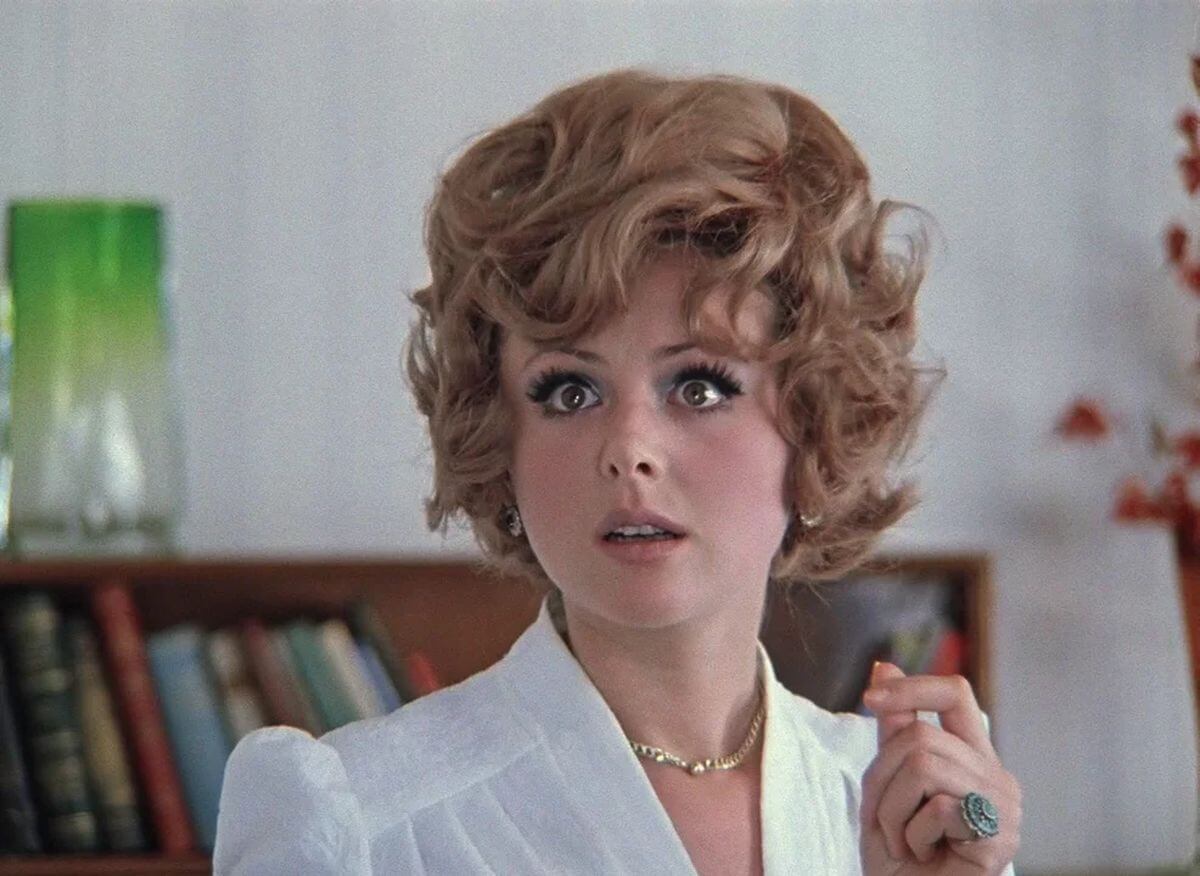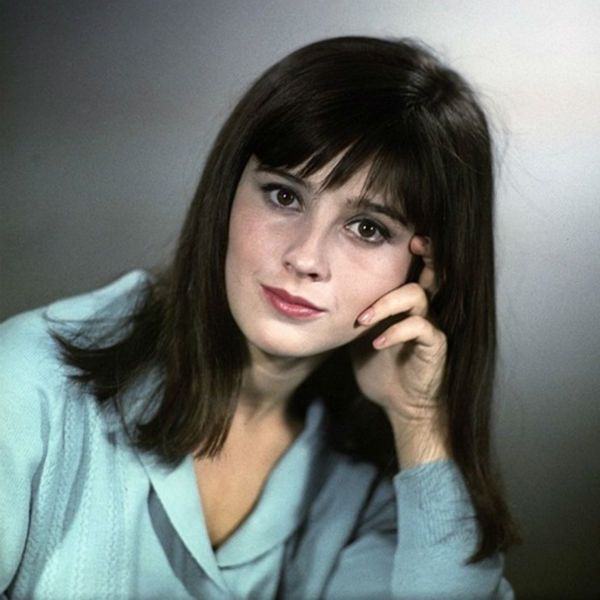Alexander Pushkin

Alexander Sergeyevich Pushkin; 6 June [O.S. 26 May] 1799 – 10 February [O.S. 29 January] 1837) was a Russian poet, playwright, and novelist of the Romantic era. He is considered by many to be the greatest Russian poet and the founder of modern Russian literature.
Pushkin was born into the Russian nobility in Moscow. His father, Sergey Lvovich Pushkin, belonged to an old noble family. His maternal great-grandfather was Major-General Abram Petrovich Gannibal, a nobleman of African origin who was kidnapped from his homeland by Ottomans. He was freed by the Russian Emperor and raised in the Emperor's court household as his godson.
He published his first poem at the age of 15, and was widely recognized by the literary establishment by the time of his graduation from the Tsarskoye Selo Lyceum. Upon graduation from the Lycée, Pushkin recited his controversial poem "Ode to Liberty", one of several that led to his exile by Emperor Alexander I. While under the strict surveillance of the Emperor's political police and unable to publish, Pushkin wrote his most famous play, Boris Godunov. His novel in verse, Eugene Onegin, was serialized between 1825 and 1832. Pushkin was fatally wounded in a duel with his wife's alleged lover and her sister's husband, Georges-Charles de Heeckeren d'Anthès, also known as Dantes-Gekkern, a French officer serving with the Chevalier Guard Regiment.
Pushkin's father, Sergei Lvovich Pushkin (1767–1848), was descended from a distinguished family of the Russian nobility that traced its ancestry back to the 12th century. Pushkin's mother, Nadezhda (Nadya) Ossipovna Gannibal (1775–1836), was descended through her paternal grandmother from German and Scandinavian nobility. She was the daughter of Ossip Abramovich Gannibal (1744–1807) and his wife, Maria Alekseyevna Pushkina (1745–1818).
Ossip Abramovich Gannibal's father, Pushkin's great-grandfather, was Abram Petrovich Gannibal (1696–1781), an African page kidnapped to Constantinople as a gift to the Ottoman Sultan and later transferred to Russia as a gift for Peter the Great. Abram wrote in a letter to Empress Elizabeth, Peter the Great's daughter, that Gannibal was from the town of "Lagon". Largely on the basis of a mythical biography by Gannibal's son-in-law Rotkirkh, some historians concluded from this that Gannibal was born in a village called Geza-Lamza in the Seraye province of Mdre Bahri kingdom in today's Eritrea.
Vladimir Nabokov, when researching Eugene Onegin, cast serious doubt on this origin theory. Later research by the scholars Dieudonné Gnammankou and Hugh Barnes eventually conclusively established that Gannibal was instead born in Central Africa, in an area bordering Lake Chad in modern-day Cameroon. After education in France as a military engineer, Gannibal became governor of Reval and eventually Général en Chef (the third most senior army rank) in charge of the building of sea forts and canals in Russia.
Born in Moscow, Pushkin was entrusted to nursemaids and French tutors, and spoke mostly French until the age of ten. He became acquainted with the Russian language through communication with household serfs and his nanny, Arina Rodionovna, whom he loved dearly and to whom he was more attached than to his own mother.
He published his first poem at the age of 15. When he finished school, as part of the first graduating class of the prestigious Imperial Lyceum in Tsarskoye Selo, near Saint Petersburg, his talent was already widely recognized on the Russian literary scene. At the Lyceum, he was a student of David Mara, known in Russia as David de Boudry [fr], a younger brother of French revolutionary Jean-Paul Marat. After school, Pushkin plunged into the vibrant and raucous intellectual youth culture of St. Petersburg, which was then the capital of the Russian Empire. In 1820, he published his first long poem, Ruslan and Ludmila, with much controversy about its subject and style.
While at the Lyceum, Pushkin was heavily influenced by the Kantian liberal individualist teachings of Alexander Petrovich Kunitsyn, whom Pushkin would later commemorate in his poem 19 October. Pushkin also immersed himself in the thought of the French Enlightenment, to which he would remain permanently indebted throughout his life, especially Voltaire, whom he described as "the first to follow the new road, and to bring the lamp of philosophy into the dark archives of history".
Pushkin gradually became committed to social reform, and emerged as a spokesman for literary radicals. That angered the government and led to his transfer from the capital in May 1820. He went to the Caucasus and to Crimea and then to Kamianka and Chișinău in Bessarabia, where he became a Freemason.
He joined the Filiki Eteria, a secret organization whose purpose was to overthrow Ottoman rule in Greece and establish an independent Greek state. He was inspired by the Greek Revolution and when the war against the Ottoman Empire broke out, he kept a diary recording the events of the national uprising.
He stayed in Chișinău until 1823 and wrote two Romantic poems, which brought him acclaim: The Captive of the Caucasus and The Fountain of Bakhchisaray. In 1823, Pushkin moved to Odessa, where he again clashed with the government, which sent him into exile on his mother's rural estate of Mikhailovskoye, near Pskov, from 1824 to 1826.
In Mikhaylovskoye, Pushkin wrote nostalgic love poems which he dedicated to Elizaveta Vorontsova, wife of Malorossia's General-Governor. Then Pushkin worked on his verse-novel Eugene Onegin.
It is generally believed that he dedicated this poem to Anna Kern, but there are other opinions. Poet Mikhail Dudin believed that the poem was dedicated to the serf Olga Kalashnikova. Pushkinist Kira Victorova believed that the poem was dedicated to the Empress Elizaveta Alekseyevna. Vadim Nikolayev argued that the idea about the Empress was marginal and refused to discuss it, while trying to prove that poem had been dedicated to Tatyana Larina, the heroine of Eugene Onegin.
Authorities summoned Pushkin to Moscow after his poem "Ode to Liberty" was found among the belongings of the rebels from the Decembrist Uprising (1825). After his exile in 1820, Pushkin's friends and family continually petitioned for his release, sending letters and meeting with Emperor Alexander I and then Emperor Nicholas I on the heels of the Decembrist Uprising. Upon meeting with Emperor Nicholas I, Pushkin obtained his release from exile and began to work as the emperor's Titular Counsel of the National Archives. However, because insurgents in the Decembrist Uprising (1825) in Saint Petersburg had kept some of Pushkin's earlier political poems, the emperor retained strict control of everything Pushkin published and he was banned from travelling at will.
During that same year (1825), Pushkin also wrote what would become his most famous play, the drama Boris Godunov, while at his mother's estate. He could not however, gain permission to publish it until five years later. The original and uncensored version of the drama was not staged until 2007.
Around 1825–1829 he met and befriended the Polish poet Adam Mickiewicz, during exile in central Russia. In 1829 he travelled through the Caucasus to Erzurum to visit friends fighting in the Russian army during the Russo-Turkish War. In the end of 1829 Pushkin wanted to set off on a journey abroad, the desire reflected in his poem Let's go, I'm ready. He applied for permission for the journey, but received negative response from Nicholas I, on 17 January 1830.
Around 1828, Pushkin met Natalia Goncharova, then 16 years old and one of the most talked-about beauties of Moscow. After much hesitation, Natalia accepted a proposal of marriage from Pushkin in April 1830, but not before she received assurances that the Tsarist government had no intentions to persecute the libertarian poet. Later, Pushkin and his wife became regulars of court society. They officially became engaged on 6 May 1830, and sent out wedding invitations. Due to an outbreak of cholera and other circumstances, the wedding was delayed for a year. The ceremony took place on 18 February 1831 (Old Style) in the Great Ascension Church on Bolshaya Nikitskaya Street in Moscow.
When the Emperor gave Pushkin the lowest court title, Gentleman of the Chamber, the poet became enraged, feeling that the Emperor intended to humiliate him by implying that Pushkin was being admitted to court not on his own merits but solely so that his wife, who had many admirers including the Emperor himself, could properly attend court balls.[citation needed] Pushkin's marriage to Goncharova was largely a happy one, but his wife’s characteristic flirtatiousness and frivolity would lead to his fatal duel seven years later, for Pushkin had a highly jealous temperament.
In 1831, during the period of Pushkin's growing literary influence, he met one of Russia's other great early writers, Nikolai Gogol. After reading Gogol's 1831–1832 volume of short stories Evenings on a Farm Near Dikanka, Pushkin supported him and would feature some of Gogol's most famous short stories in the magazine The Contemporary, which he founded in 1836.
By the autumn of 1836, Pushkin was falling into greater and greater debt and faced scandalous rumours that his wife was having a love affair. On 4 November, he sent a challenge to a duel to Georges d'Anthès, also known as Dantes-Gekkern. Jacob van Heeckeren, d'Anthès' adoptive father, asked that the duel be delayed by two weeks. With efforts by the poet's friends, the duel was cancelled.
On 17 November, d'Anthès made a proposal to Natalia Goncharova's sister, Ekaterina. The marriage did not resolve the conflict. D'Anthès continued to pursue Natalia Goncharova in public, and rumours that d'Anthès had married Natalia's sister just to save her reputation circulated.
On 26 January (7 February in the Gregorian calendar) of 1837, Pushkin sent a "highly insulting letter" to Gekkern. The only answer to that letter could be a challenge to a duel, as Pushkin knew. Pushkin received the formal challenge to a duel through his sister-in-law, Ekaterina Gekkerna, approved by d'Anthès, on the same day through the attaché of the French Embassy, Viscount d'Archiac.
Pushkin asked Arthur Magenis, then attaché to the British Consulate-General in Saint Petersburg, to be his second. Magenis did not formally accept, but on 26 January (7 February), approached Viscount d'Archiac to attempt a reconciliation; however, d'Archiac refused to speak with him as he was not yet officially Pushkin's second. Magenis, unable to find Pushkin in the evening, sent him a letter through a messenger at 2 o'clock in the morning, declining to be his second as the possibility of a peaceful settlement had already been quashed, and the traditional first task of the second was to try to bring about a reconciliation.
The pistol duel with d'Anthès took place on 27 January (8 February) at the Black River, without the presence of a second for Pushkin. The duel they fought was of a kind known as a barrier duel. The rules of this type dictated that the duellists began at an agreed distance. After the signal to begin, they walked towards each other, closing the distance. They could fire at any time they wished, but the duellist that shot first was required to stand still and wait for the other to shoot back at his leisure.
D'Anthès fired first, critically wounding Pushkin; the bullet entered at his hip and penetrated his abdomen. D'Anthès was only lightly wounded in the right arm by Pushkin's shot. Two days later, on 29 January (10 February) at 14:45, Pushkin died of peritonitis.
At Pushkin's wife's request, he was put in the coffin in evening dress, not in chamber-cadet uniform, the uniform provided by the emperor. The funeral service was initially assigned to the St Isaac's Cathedral, but was moved to Konyushennaya church. Many people attended. After the funeral, the coffin was lowered into the basement, where it stayed until 3 February, when it was removed to Pskov province. Pushkin was buried on the grounds of the Svyatogorsky monastery in present-day Pushkinskiye Gory, near Pskov, beside his mother. His last home is now a museum.
Source - wikipedia





-
Бўлимлар
Маълумот
Янгиликлар new
Изоҳлар
Наталья Варлей
Невозможно забыть такой трепетный,порывистый,волнующий дуэт Натальи Варлей и Исамата Эргашева в фильме "Ливень " ! Спасибо актрисе и актёру
МУҲАББАТ
{text}Ажойиб мисралар...
Нобелевский день — церемония вручения Нобелевской премии
{text}Zo'r
ЭЗОТЕРИК ПСИХОЛОГИЯ НИМА?
Assalamu aleykum va rahmatullohi va barokatuhu, shunaqa bolishini hohlirdm ,balki hayotimdigi bolib utgan hofisala tufayli ,kop narsa haqda uylidgan
ОНА ТИЛИМ ЎЛМАЙДИ
She'r juda ajoyib
Маълумот








